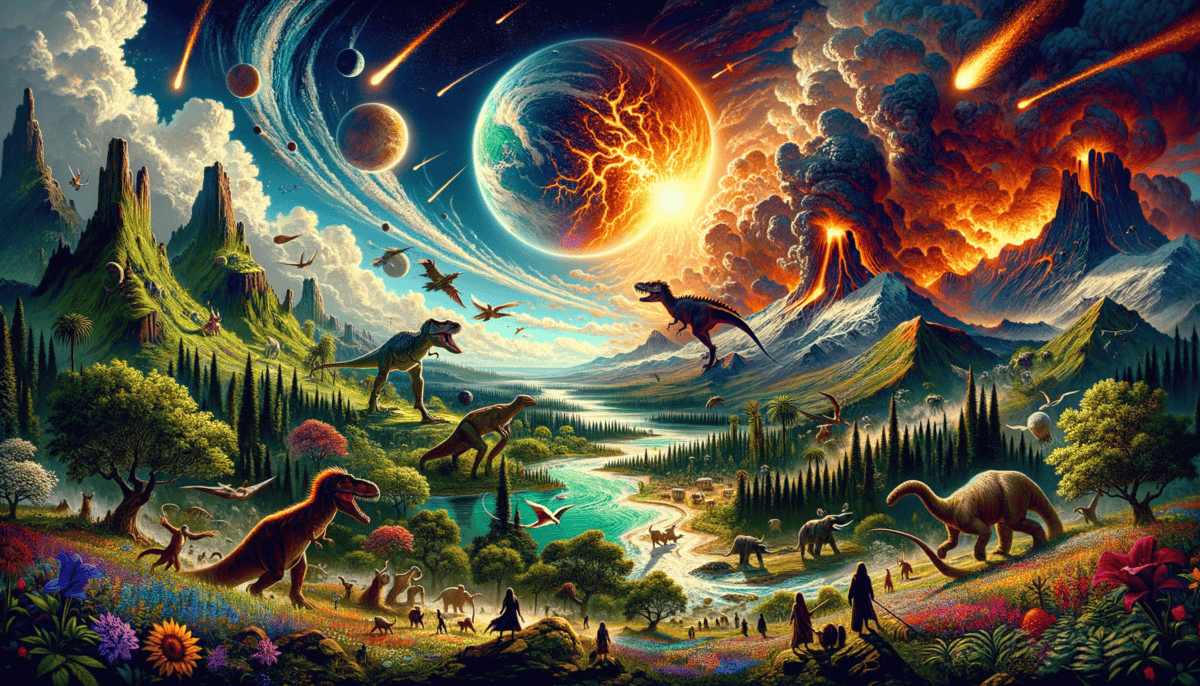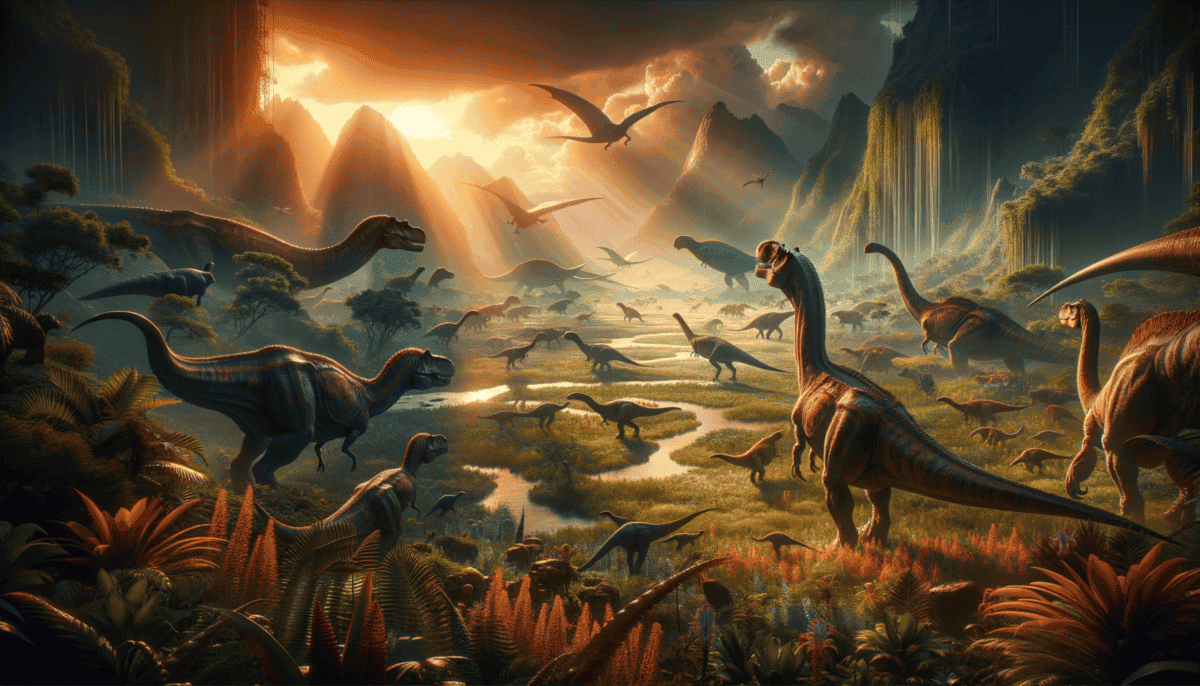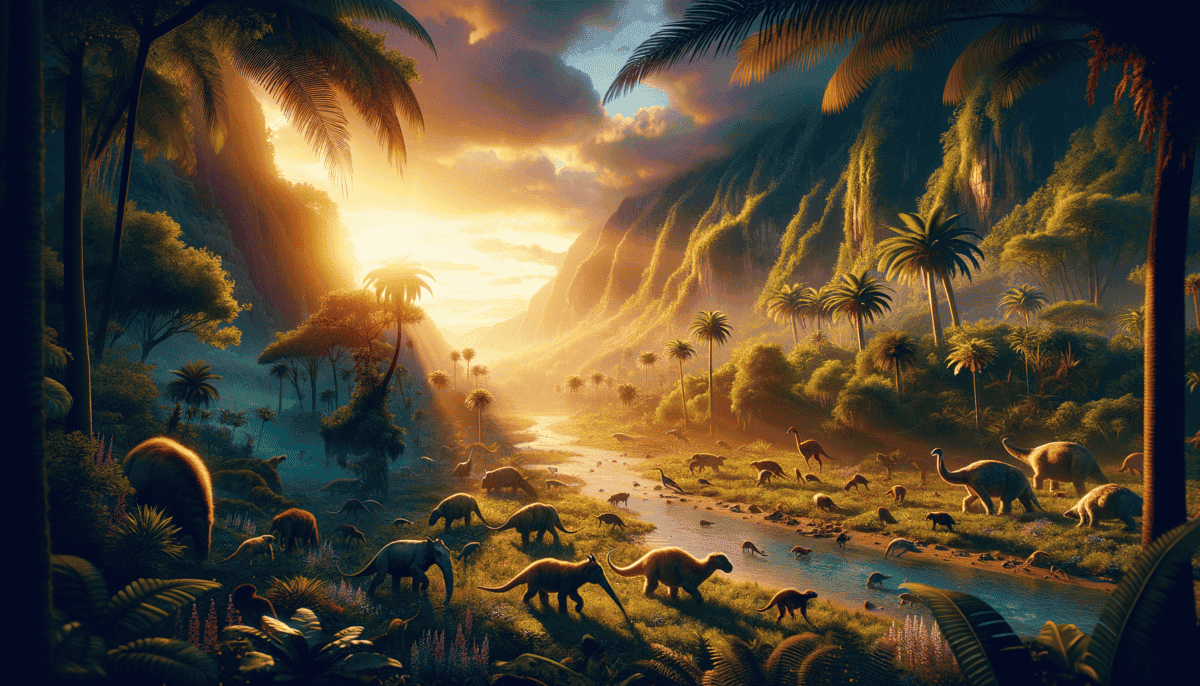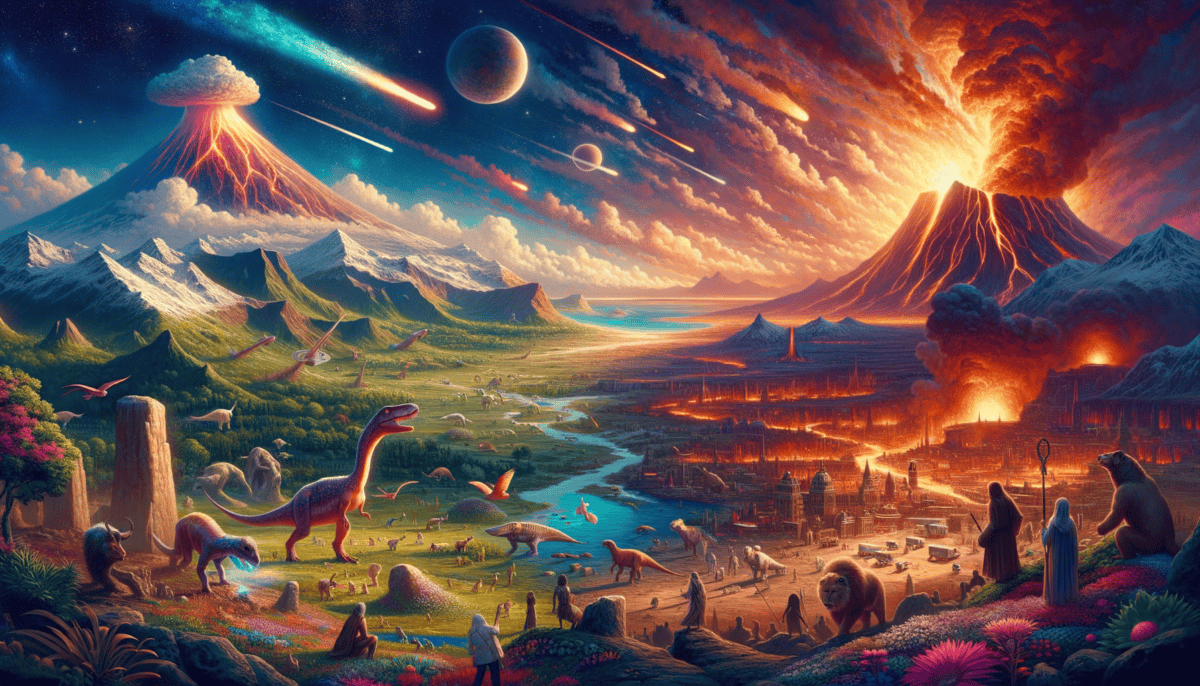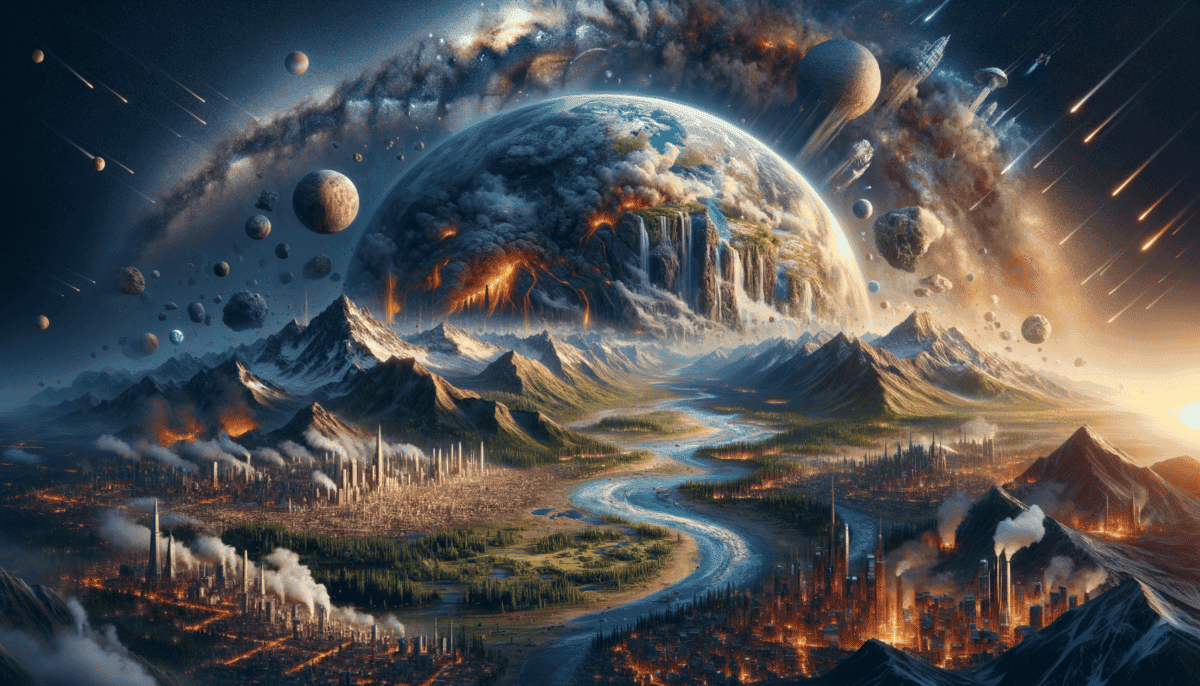The Fiery Birth
Long, long ago, in the dark vastness of space, something magical was happening. A special dance of tiny bits of dust and swirling gas began to spin faster and faster.
“Whoosh! Swish!” The cosmic dance continued as more and more pieces joined together. Like when you roll a tiny snowball in the snow, it got bigger and bigger. But this wasn’t cold like snow – it was super hot!
Little Tommy raised his hand in excitement. “But Ms. Star, how hot was it?”
“Well, Tommy,” Ms. Star smiled, “it was so hot that everything was melted, like soup in a giant bowl! The whole Earth was like a big ball of lava!”
“Imagine making hot chocolate. When you first pour in the hot milk, everything swirls and spins. That’s what Earth was like at first – all swirly and hot!”
As time passed, something amazing started to happen. Just like how your hot chocolate cools down, Earth began to cool too. The outside started to get hard, forming what we call the crust – like the crispy top of a brownie!
Earth’s First Birthday Present
But Earth wasn’t done with surprises! As it cooled, it got a special gift – a beautiful moon!
“How did Earth get its moon?” asked Sarah, her eyes wide with wonder.
“Well,” Ms. Star explained, “a big space rock crashed into Earth, and pieces flew up into space. These pieces came together to form our moon, like a giant puzzle in the sky!”
The early Earth had:
- Lots of volcanoes
- ⚡ Constant lightning storms
- ☄️ Many meteor showers
- ️ Very hot temperatures
Earth was like a giant mixing bowl, stirring together all the ingredients it would need to become our home.
Day after day, year after year, Earth kept changing. The hot soup inside started to settle down. Mountains began to form, pushing up through the cooling surface like wrinkles in a blanket.
“But what happened next?” the children asked eagerly.
Ms. Star looked out the window at the blue sky. “Well, that’s when Earth started to get ready for its next big adventure – the coming of water and the first tiny forms of life. But that’s a story for another time…”
Life Begins to Stir
The Earth was cooling down, and something magical was about to happen! Water started to fall from the sky as rain. It rained and rained for many, many days. ️
“What was in the water?” little Sarah asked, bouncing in her seat.
Ms. Star smiled and held up a tiny glass of water. “At first, the oceans were like a big soup of chemicals. Then, something incredible happened – the first tiny living things appeared!”
“These first living things were so small, you would need a super-strong microscope to see them. They were like tiny bubbles floating in the ocean!”
The Ocean Comes Alive
Over time, these tiny living things learned new tricks. Some learned to use sunlight to make food, just like plants do today!
“But Ms. Star,” Tommy wondered, “how did they get bigger?”
“Well,” Ms. Star explained, “these tiny creatures started working together. Some joined up to make bigger creatures. It’s like when you and your friends hold hands to make a long chain!”
- Tiny floating organisms
- Small shelled creatures
- Soft coral-like animals
- Strange crawling creatures
The ocean became fuller and fuller with life. Some creatures grew shells to protect themselves. Others learned to swim faster. Each new creature was like a new color being added to Earth’s painting!
Moving to Land
But the biggest adventure was yet to come – some brave sea creatures decided to try living on land!
“How did they breathe on land?” Maria asked, her eyes wide with curiosity.
“They had to learn new ways to breathe,” Ms. Star explained. “Some grew special lungs, like we have. It’s like learning to ride a bike – it took lots of practice!”
Slowly but surely, more and more creatures started exploring the land. Some grew legs to walk, others developed ways to stay wet even when out of the water.
“It’s like they were brave explorers!” Jimmy exclaimed.
“That’s right!” Ms. Star nodded. “And these brave explorers changed our Earth forever. They were getting ready for the next big chapter in Earth’s story – the time when giant creatures would rule the land!”
Giants Walk the Earth
The Earth was warm and green. Huge plants grew everywhere, reaching up to touch the sky. This was the perfect time for some very special animals – the dinosaurs!
“They were as big as houses!” Tommy shouted, spreading his arms wide.
Ms. Star nodded with excitement. “Some were even bigger! Let me tell you about these amazing creatures.”
A World of Giants
Some dinosaurs ate plants and had very long necks. They could reach the tops of tall trees to munch on leaves. Others had sharp teeth and strong legs for hunting.
“Were they all mean and scary?” Sarah asked, hugging her stuffed animal.
Ms. Star smiled kindly. “Not at all! Many dinosaurs were gentle giants. Some took very good care of their babies, just like your parents take care of you.”
“The dinosaurs lived happily on Earth for a very, very long time – much longer than humans have been around!”
- Long-necked plant eaters
- Sharp-toothed hunters
- Small quick runners
- Flying reptiles
The Big Change
But one day, something unexpected happened. A huge rock from space – an asteroid – crashed into the Earth!
“What happened next?” Maria asked, leaning forward in her seat.
“The crash made a big cloud of dust that covered the whole Earth,” Ms. Star explained. “It got very dark and cold. Many plants couldn’t grow, and lots of dinosaurs couldn’t find enough food.”
The Earth became too hard for the big dinosaurs to live on. But not all animals disappeared! Some smaller creatures found ways to survive. They hid underground or in the water where it was safer.
“Like playing hide and seek?” Jimmy asked.
“Exactly!” Ms. Star replied. “And these clever survivors would later become very important. They would lead to all sorts of new animals, including the first mammals!”
The Earth was getting ready for its next big adventure. New kinds of animals would soon take over, and they would be very different from the dinosaurs!
“What happened to these new animals?” Sarah wondered.
Ms. Star’s eyes twinkled. “Well, that’s where our story gets even more exciting. These animals would become the ancestors of many creatures we see today – including us!”
New Friends Take Over
After the big dinosaurs went away, the Earth started to change. Small, furry animals began to come out of their hiding places. These were the first mammals!
“What did they look like?” Tommy asked eagerly.
“Some were tiny, like mice,” Ms. Star explained. “Others were a bit bigger, like cats. They had warm, fuzzy fur and took good care of their babies.”
A Changing World
The Earth was different now. There were new kinds of trees and flowers. The weather was getting nicer. This helped our furry friends grow and change.
“These amazing animals could run, jump, climb trees, and even fly! Some even learned to swim in the ocean.”
“Like dolphins?” Sarah asked excitedly.
“Yes! And whales too!” Ms. Star smiled. “They started out living on land, but slowly changed to live in the water.”
- Big elephant-like animals
- Fast running hunters
- Clever forest animals
- Ocean swimmers
Special New Friends
Among these animals, some very special ones appeared. They lived in trees and had clever hands and big brains. These were the first primates!
“Like monkeys?” Jimmy bounced in his seat.
“Just like monkeys!” Ms. Star nodded. “And guess what? These tree-climbing friends would later lead to something amazing – the first humans!”
The Earth was getting warmer. Grassy places called savannas started to grow where forests used to be. Some primates came down from the trees to walk on these grasslands.
“Did they walk like us?” Maria asked.
“At first, they walked a bit differently,” Ms. Star explained. “But over a very long time, they learned to stand up straight and walk on two legs.”
The Earth was preparing for its next big adventure. These walking primates would start to use tools and think in new ways!
“What happened next?” Tommy leaned forward.
Ms. Star’s eyes sparkled. “Well, these clever animals would soon start to build homes, make tools, and create the first human settlements. But that’s another exciting part of our story!”
Building Our First Homes
Long ago, our early human family started doing something new. They began to build homes and live together in groups!
“Did they live in houses like ours?” Lucy asked, her eyes wide with wonder.
“Not exactly,” Ms. Star smiled. “First, they found caves to stay safe and warm. Then they learned to build simple shelters using sticks and animal skins.” ️
Growing Our Own Food
One day, someone made a fantastic discovery. They noticed that seeds from plants could grow into new plants! This changed everything.
“Instead of just looking for food, people started to grow it,” Ms. Star explained. “This was called farming!”
“When people could grow their own food, they didn’t need to move around so much. They built villages near their farms.”
- Wheat for bread
- Vegetables for soup
- Fruit trees
- Corn and beans
Making Cool New Things
People got very clever at making tools. They shaped stones into sharp edges for cutting. They made clay pots for cooking and storing food.
“Look what I found!” said Tommy, holding up a picture. “They made pretty jewelry too!”
“That’s right!” Ms. Star nodded. “They learned to make beautiful things from metal, clay, and colorful stones.”
Working Together
As villages grew bigger, people learned to work together. Some became farmers, others made tools, and some became builders.
“Did they have schools?” Sarah asked.
“Not like our school,” Ms. Star laughed. “But parents and elders taught young people important skills, like hunting, farming, and making things.”
The more people worked together, the bigger their villages grew. Soon, some villages became cities!
Cities needed leaders to help make decisions. People created rules to help everyone get along. They built roads to connect different places.
“What happened when different groups of people met each other?” Jimmy asked.
“That’s when things got really interesting,” Ms. Star’s eyes twinkled. “People started trading things they made, sharing ideas, and learning from each other. They even began to travel across oceans!”
A New World of Changes
Ms. Star’s class gathered around the big window, looking out at their busy city.
“Today, our world is very different from those first villages,” Ms. Star said with a smile. “We’ve learned to do amazing things!”
Helping Our Earth
“But Ms. Star,” Sarah raised her hand, “is our Earth happy with all these changes?”
Ms. Star’s face grew serious. “That’s a very good question. Our Earth needs our help now more than ever.”
“Just like we take care of our classroom, we need to take care of our Earth. It’s the only home we have!”
Working Together for Tomorrow
Tommy jumped up excitedly. “I know! My family plants trees in our backyard!”
“That’s wonderful!” Ms. Star beamed. “There are many ways we can help:”
- Plant trees and gardens
- ♻️ Recycle paper and plastic
- Save water
- ♂️ Walk or bike when possible
Hope for Tomorrow
“Can we really make a difference?” Lucy asked softly.
“Oh yes!” Ms. Star’s eyes sparkled. “Every kind thing we do for Earth matters. And when we all work together, we can do amazing things!”
Our Earth Family
“Remember,” Ms. Star said, gathering her students close, “our Earth story started with stardust, grew through dinosaurs and ancient villages, and now continues with us!”
We are all part of Earth’s amazing family – from the tiniest ant to the tallest giraffe!
The children looked out the window again. Now they saw their city differently – as part of Earth’s long, wonderful story.
“And that,” Ms. Star said with pride, “is how we keep Earth’s story going – by taking care of our wonderful home, together!”
As the sun set outside their classroom window, the children knew they were part of something special – Earth’s continuing story of life, change, and hope.


